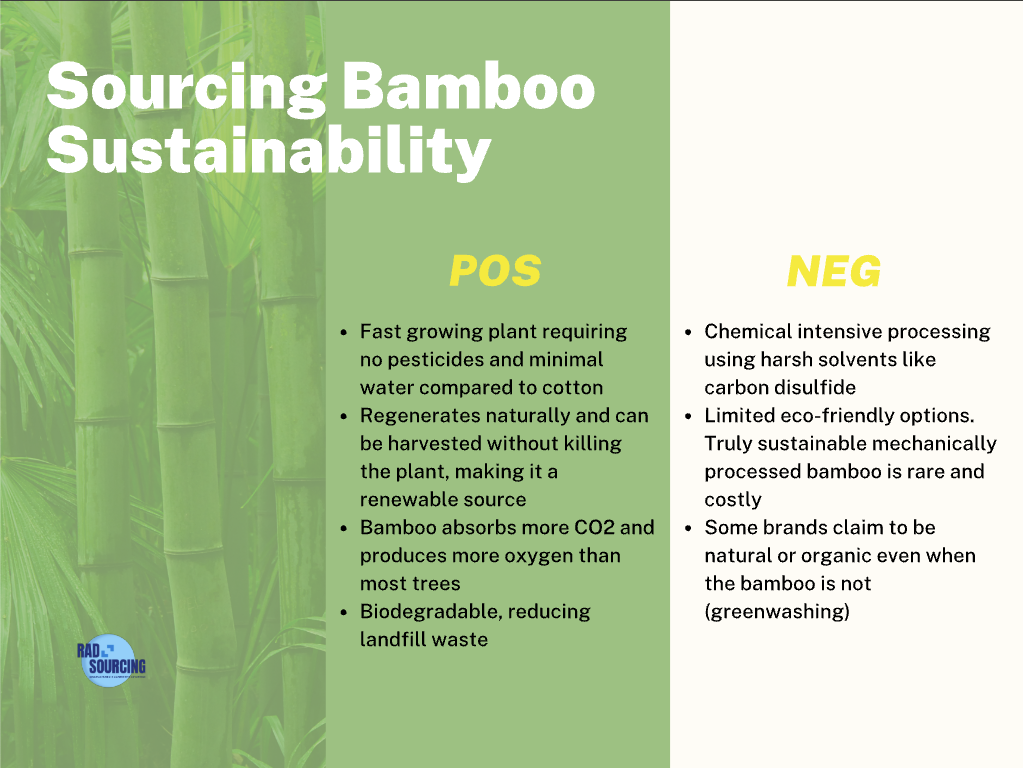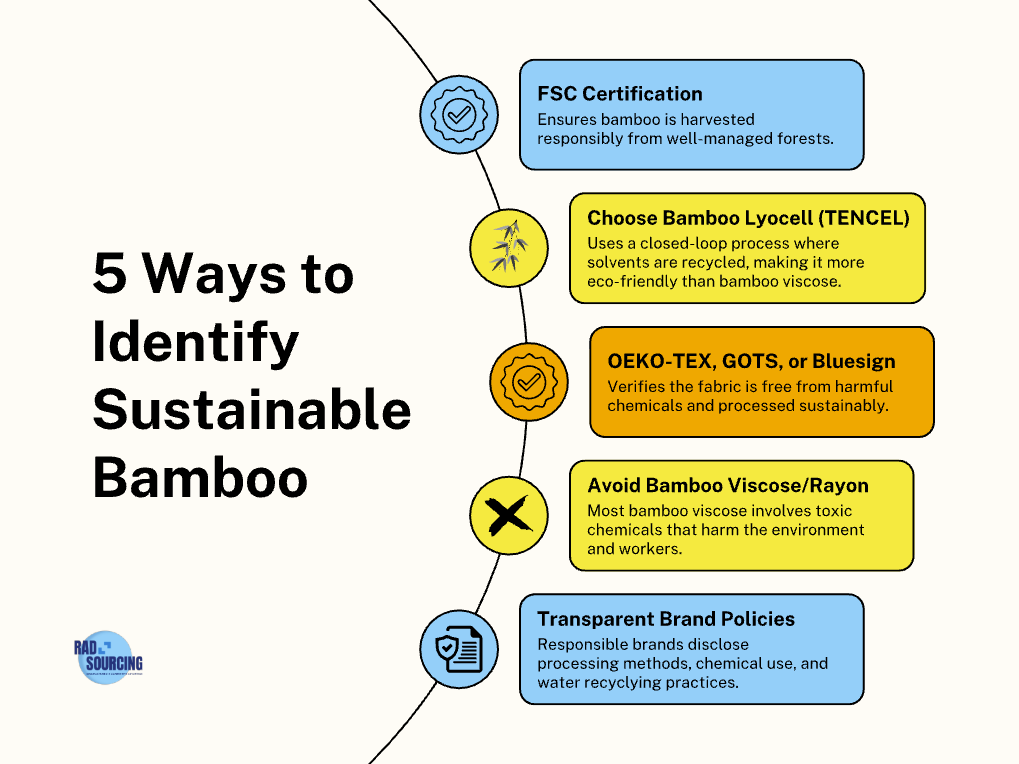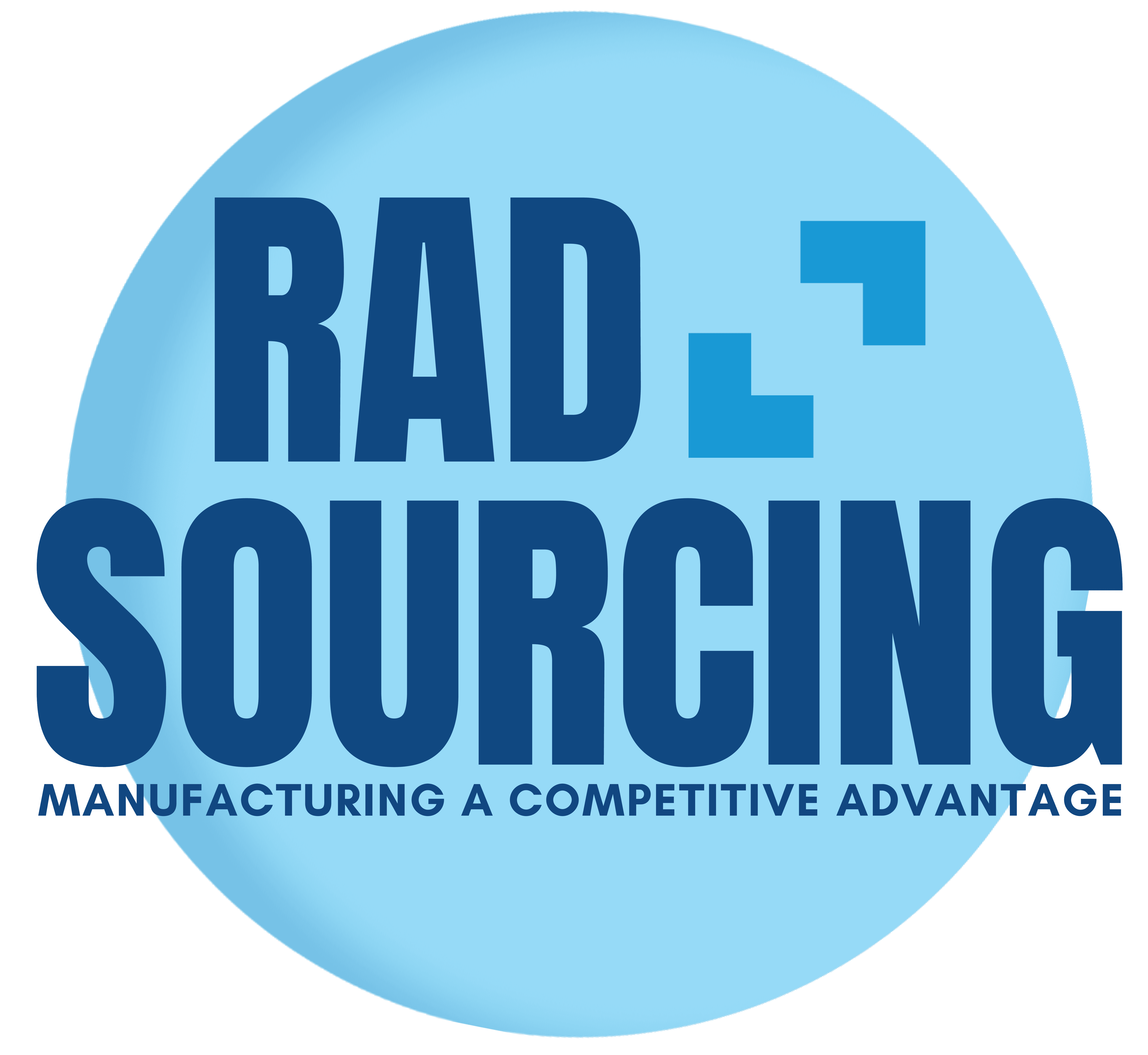Bamboo-based fabrics have become a go-to choice for eco-conscious brands, but is bamboo fabric truly sustainable? Having worked with many textile manufacturers, I’ve seen firsthand the pros and cons of bamboo textiles. Let’s break down the reality of bamboo fabric, including its environmental impact and how to choose the most sustainable options for your brand.
1. What Is Bamboo Fabric?
Bamboo fabric is made from one of the world’s fastest-growing plants, processed into textiles through two primary methods:
- Mechanical Processing: Bamboo fibers are mechanically crushed and spun into fabric, similar to linen. This method is truly eco-friendly but more expensive and less common.
- Chemical Processing (Viscose/Rayon Bamboo): The most widespread method, where bamboo is chemically broken down into cellulose and then spun into fabric. This results in a soft, silky material but involves harsh chemicals.
Case Study: Choosing the Right Bamboo Fabric for a Brand
A client of ours wanted to launch an eco-friendly athleisure line and assumed all bamboo fabrics were sustainable. After reviewing options, we opted for bamboo lyocell, which uses a closed-loop system to minimize environmental impact. This choice allowed them to maintain sustainability without compromising on softness or performance.
2. The Sustainability Benefits of Bamboo Fabrics
Its true that bamboo as a raw material has incredible sustainability potential:

- Rapid Growth & Low Resource Use: Bamboo grows incredibly fast, regenerates naturally, and requires no pesticides.
- Carbon Absorption: Bamboo absorbs more CO2 and produces more oxygen than most trees.
- Minimal Water Use: Unlike cotton, which is highly water-intensive, bamboo thrives with little irrigation.
- Biodegradability: Natural bamboo fibers decompose quickly and safely.
3. The Environmental Concerns of Bamboo Fabric
While bamboo as a plant is sustainable, the way it’s processed matters:
- Chemical Processing Issues: Most bamboo fabrics are turned into rayon using harsh chemicals like carbon disulfide, which can be harmful to workers and ecosystems.
- High Energy Use: Producing bamboo rayon requires significant energy.
- Misleading Marketing: Some brands label chemically processed bamboo fabrics as “100% natural” or “organic,” which can be deceptive.
Case Study: Avoiding Greenwashing in Textile Sourcing
One of my clients almost signed with a supplier claiming their bamboo fabric was “organic.” A deeper look into their processes revealed extensive chemical use. We pivoted to a certified bamboo lyocell supplier with transparent practices, ensuring genuine sustainability.
4. Choosing Truly Sustainable Bamboo Textiles

To make the best choice for your brand, I recommend looking for:
- Certifications like OEKO-TEX or GOTS (Global Organic Textile Standard) to ensure responsible production.
- Mechanically processed bamboo (bamboo linen) instead of chemically treated bamboo rayon.
- Closed-loop production processes, where chemicals used in processing are safely captured and reused.
Infographic 3: How to Identify Sustainable Bamboo Fabric
Visual Idea: A checklist graphic with icons for certifications, mechanical processing, and closed-loop production.
5. Should Your Brand Use Bamboo-Based Fabrics?
Bamboo fabrics can be a sustainable choice—but only when sourced responsibly. If you’re committed to sustainability, opt for bamboo linen or lyocell rather than rayon. Transparency in sourcing and production is key.
Personal Recommendation:
Whenever Rad Sourcing helps brands choose sustainable fabrics, we stress the importance of visiting suppliers (or requesting virtual factory tours) to verify their practices. If a manufacturer isn’t transparent, it’s a red flag.
Sustainable Fabric Sourcing with Rad Sourcing
At Rad Sourcing, we help brands navigate sustainable fabric options, including responsibly sourced bamboo textiles. Whether you need eco-friendly material recommendations or full-scale production solutions, we ensure your fabrics align with ethical and environmental standards.
📩 Looking for sustainable bamboo fabrics? Contact us at www.radsourcing.com for expert guidance on ethical textile sourcing!
